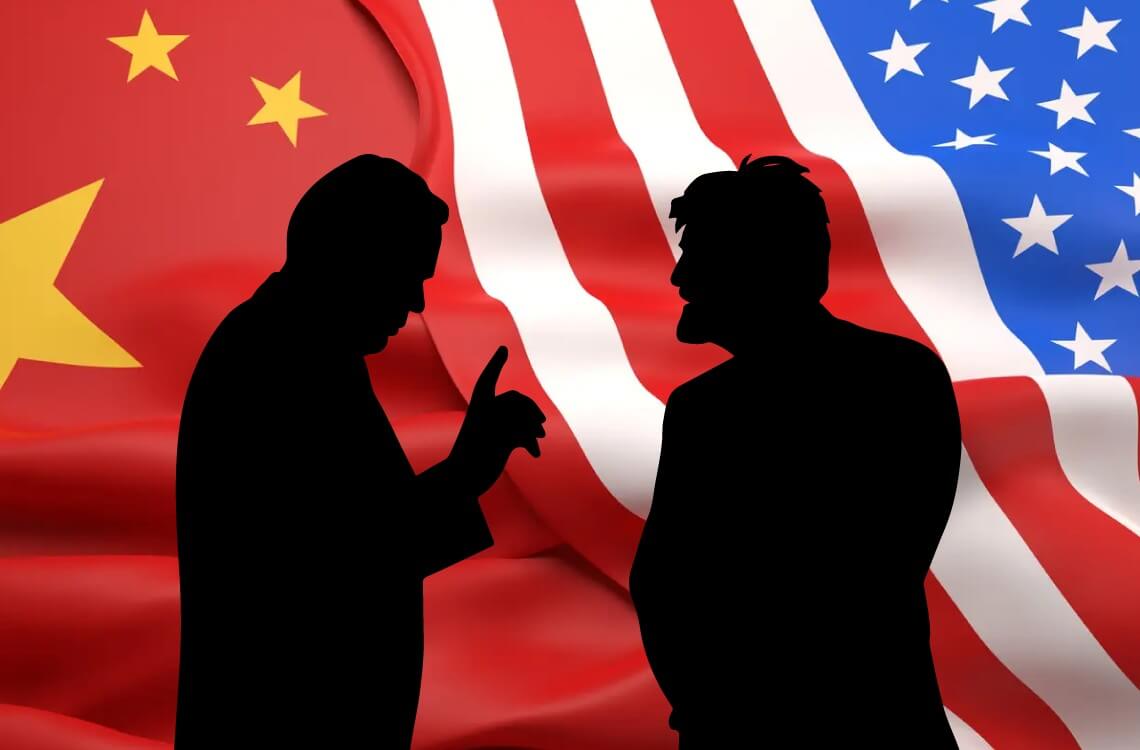Tensions have been escalating in the Taiwan Strait as the United States and China wrestle with rising geopolitical disagreements. At a recent regional security summit in Singapore, dubbed the Shangri-La Dialogue, no bilateral discussion was held between U.S. Defense Chief Lloyd Austin and his Chinese counterpart, Gen. Li Shangfu, underlining the standoff between the two nations.
No substitute for substantive engagement
Austin, addressing the assembly of global defense leaders, criticized China’s reluctance to engage in substantial military discussions. He declared that dialogue was not merely a reward but an essential aspect of conflict prevention.
Pointing out the significance of avoiding misunderstandings and miscalculations that could lead to a crisis, Austin insisted that a cordial exchange over dinner did not suffice as a meaningful interaction.
Contrarily, China’s Gen. Li rebuked the U.S., accusing the country of insincerity and behavior unbefitting a superpower.
Li underscored the catastrophic global consequences of a severe confrontation between the two countries, alluding to the U.S.’s obligation to exhibit restraint and responsibility.
During the weekend of this heated exchange, the U.S. Indo-Pacific Command reported a Chinese warship’s unsettling proximity to a U.S. destroyer in the Taiwan Strait.
China considers Taiwan its territory and perceives any foreign presence as a disruption to its domestic affairs. This incident underscored the increasing risk of conflict as relations between the two global powers continue to strain.
Li questioned the proximity of these events to China’s sphere of influence and denied any hegemonic navigation actions on China’s part.
He insisted that there were no issues with freedom of navigation or innocent passage and expressed concerns over attempts to misuse these principles for hegemonic aspirations.
Rising flashpoints and the need for dialogue
These geopolitical tensions were further complicated by recent incidents in the South China Sea. The U.S. accused a Chinese fighter jet of aggressive maneuvers while intercepting a U.S. military reconnaissance aircraft.
This area has become a flashpoint in Asia-Pacific as China asserts its historical claim over the strategic and resource-rich waterway. Simultaneously, other Southeast Asian nations contest this claim, adding to the area’s volatility.
Austin, during his address, highlighted his deep concern regarding China’s unwillingness to engage in crisis management mechanisms. He expressed his hopes for a change in China’s stance on this issue.
The Shangri-La Dialogue hosted around 600 delegates, including defense ministers and high-ranking officials from various countries.
Austin held bilateral and multilateral meetings with leaders from Singapore, Malaysia, Indonesia, Australia, Japan, and South Korea. However, a significant bilateral meeting with China was notably absent, highlighting the escalating tensions.
As global concerns mount, middle powers like Australia are urging the feuding powers to reestablish dialogue. Australian Prime Minister Anthony Albanese underscored the potential risks of assumptions leading to irreparable actions and reactions due to the lack of communication.
The last visit between Chinese and U.S. defense ministers was in 2018. Since then, relations have deteriorated, with incidents like U.S. House Speaker Nancy Pelosi’s visit to Taiwan, defying China’s warnings, adding fuel to the fire.
In a pointed address, Li used the analogy of a well-known Chinese song stating that while friends are welcomed with fine wine, jackals or wolves are faced with shotguns.
This statement illustrated the Chinese people’s spirit of being friendly but not intimidated by a strong power, indicating that the path to normalization of defense ties between China and the U.S. might be a long one.





